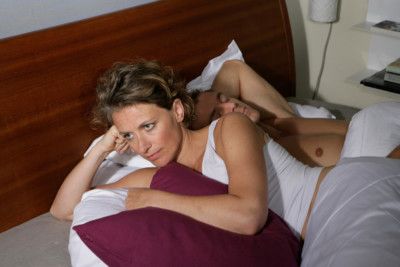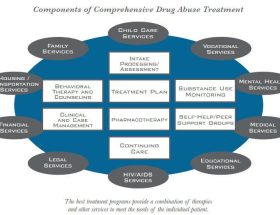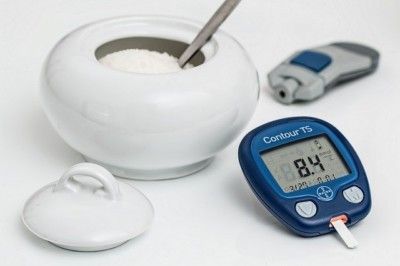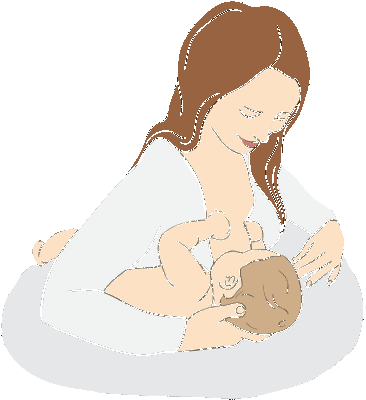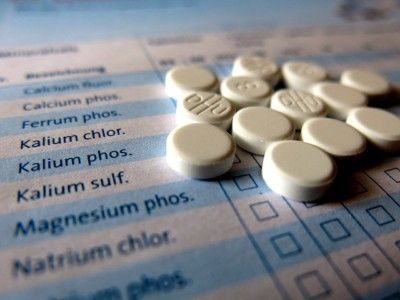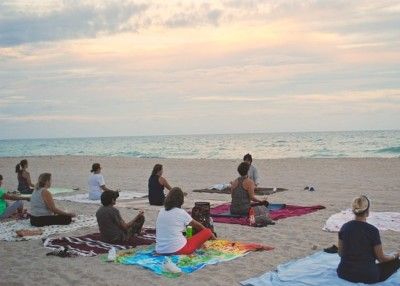Teeth grinding (bruxism) due to stress in times of Corona
Worry, tension and stress in times of corona crisis can lead to teeth grinding resp. Teeth clenching lead. Experts speak of bruxism.
Restricting social contacts can become a psychological burden. In addition, many people fear for their health, the economic consequences or the loss of their job.
Parents have to take care of their children at home and accompany homeschooling in addition to their own occupation. These new life situations lead to worry, tension and stress. Some people react to this with grinding of the teeth or. Teeth clenching.
Teeth grinding (bruxism) – body relieves stress
The unconscious tensing of the masticatory muscles with grinding and clenching of the teeth, known as bruxism, is also an outlet for the body to relieve stress. This is pointed out by the current guideline for the diagnosis and treatment of bruxism.
Scientific studies show that chewing reduces the concentration of the stress hormone cortisol in saliva. Bruxism affects about one in five people in Germany, with teeth grinding and clenching occurring twice as often during the day as at night.
Bruxism – does not remain without consequences
“Those affected usually grind and clench unconsciously,” explains Prof. Dr. Dietmar Oesterreich, Vice President of the German Dental Association. “But the significantly higher forces compared to normal chewing leave consequences on teeth, oral mucosa, jaw muscles and even in the function of jaw movement.”
Even in cases of mild bruxism, grinding surfaces may be visible on the tooth surface, the cheeks may show bite marks, and tooth marks may appear on the edge of the tongue. With strong grinding the teeth can become sensitive and hurt or even become loose.
Damage or defects can occur on dentures and also fillings. The muscles of mastication may ache, feel tired and stiff. A significant increase in the chewing muscles is also observed with prolonged bruxism.
Studies show that people with bruxism have a more than 3-fold increased risk of headaches. Bruxism is a risk factor for the development of dysfunctions of the temporomandibular joint, which is associated with pain during jaw movement and mouth opening restrictions.
Bruxism – what to do against teeth grinding?
Affected persons should observe themselves during the day as a first measure: It is important to make yourself aware of how often and in which situations you tense your jaws? Helpful can be z. B. be a sticker on the cell phone as a reminder.
Waking up at night with clenched teeth should also be noticed. It is necessary to actively control the tension. This is how progressive muscle relaxation can lead to improvement.
Even in times of Corona, small time-outs such as walking or jogging help to cope with stress. Good sleep hygiene and abstaining from caffeine, alcohol and nicotine are beneficial. Physiotherapists treat the tense muscles and give advice on special exercises.
Bruxism – dentist and dental technician help
The dentist can determine whether bruxism is present. In addition to a thorough examination and a detailed questioning, it may be necessary to exclude disturbances in the function of the temporomandibular joints by means of a functional analysis.
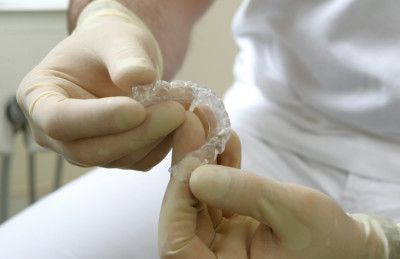
If the dentist determines bruxism based on all this data, the teeth grinding and clenching should be treated. This avoids consequential damages.
To protect the teeth, especially in sleep bruxism, the dentist can fit a hard plastic splint, the so-called bite splint (grinding splint). It protects the teeth and can help relax the jaws.
The dental technician produces the bite splint individually for the patient in the dental laboratory according to the dentist’s specifications. If there is a real dysfunction of the temporomandibular joint movement, further measures are necessary.
